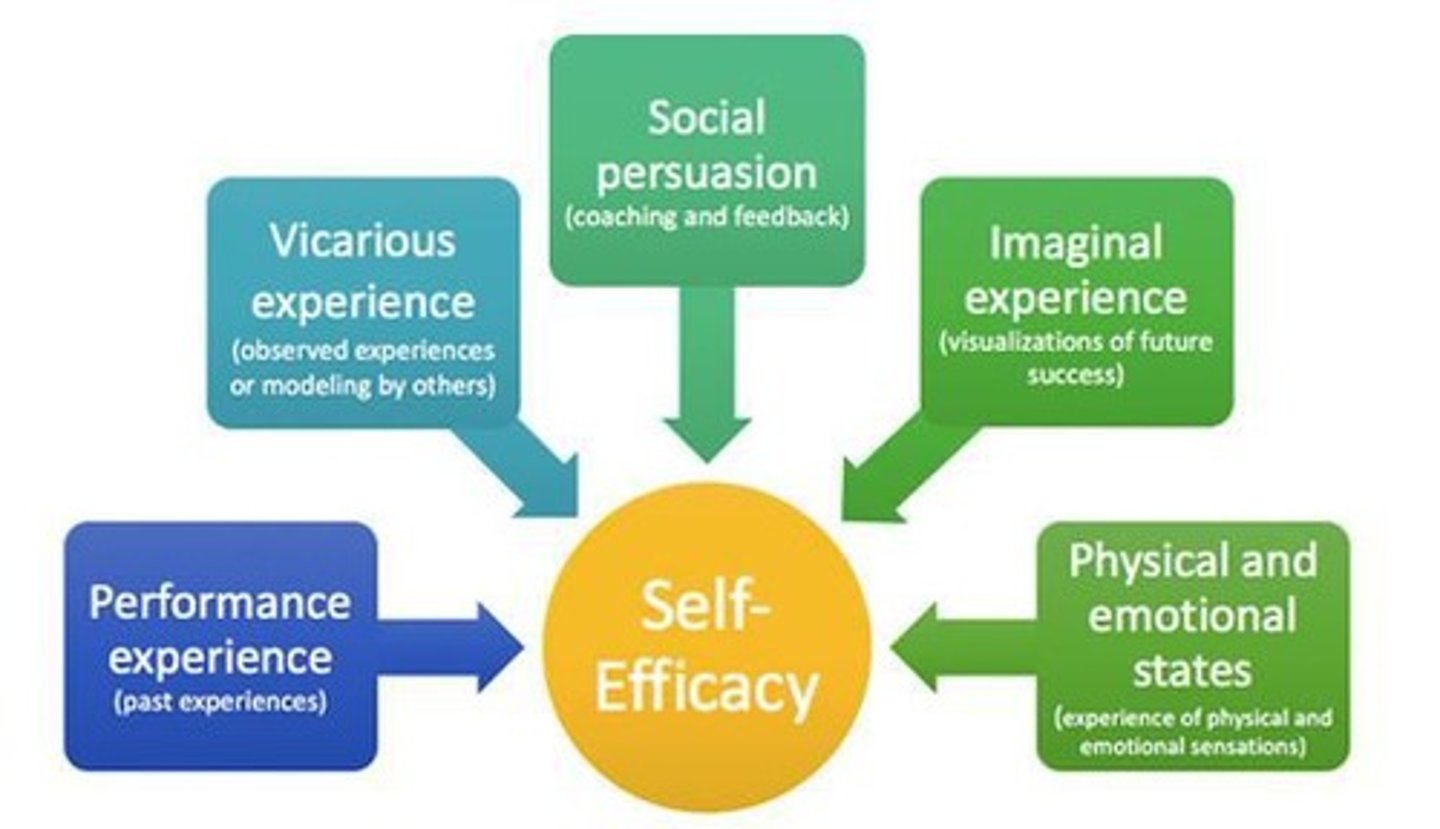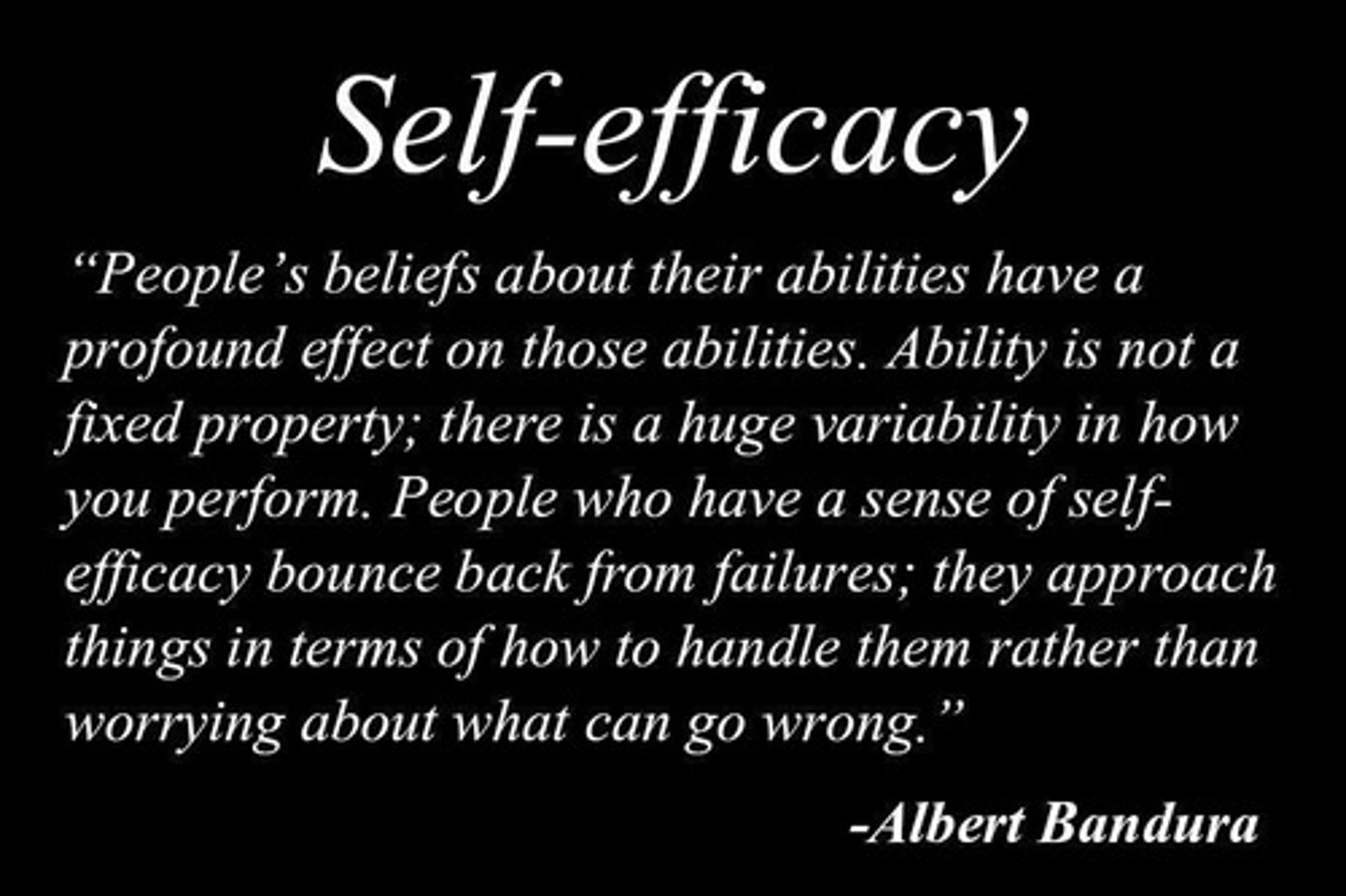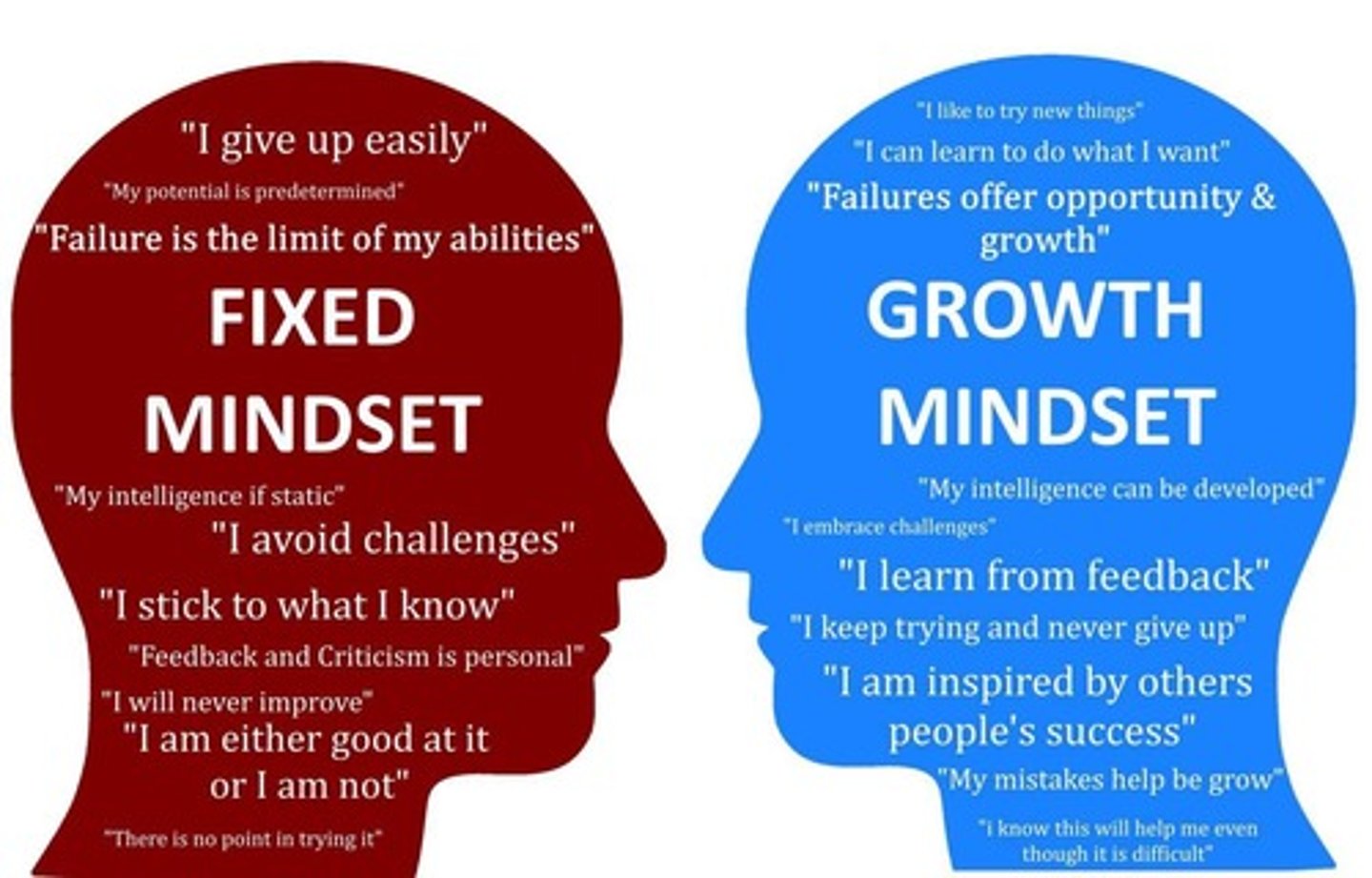Identity and Self-Presentation in the Digital Age
1/64
There's no tags or description
Looks like no tags are added yet.
Name | Mastery | Learn | Test | Matching | Spaced | Call with Kai |
|---|
No analytics yet
Send a link to your students to track their progress
65 Terms
Digital Self
Online representation of one's identity in cyberspace.
Identity Formation
Development of self-concept during adolescence.
Disembodied Presence
Existence without physical form in online interactions.
Self-Presentation
How individuals portray themselves to others.
Adolescence
Developmental stage focused on identity concerns.
Erikson's Theory
Framework for understanding identity development stages.
Independence in Adolescence
Youth's pursuit of autonomy and self-identity.
Facebook Identity Experimentation
Adolescents explore identities on social media platforms.
Emotional Well-Being
Positive mental state reflected in online personas.
False Self
Defensive identity that conceals one's true self.
True Self
Authentic self that is spontaneous and honest.
Incongruity
Discrepancy between real self and ideal self.
Ideal Self
Perceived perfect version of oneself.
Social Media Pressure
Expectation to portray an idealized life online.
False Self Creation
Developing a deceptive online identity for acceptance.
Low Self-Esteem
Negative self-perception influencing online behavior.
Identity Play
Exploring different identities in a safe environment.
Compulsive Internet Use
Excessive online engagement leading to negative outcomes.
Loneliness and Internet Use
Isolation driving compulsive online behavior.
Personality Characteristics
Traits influencing self-presentation on social media.
Self-Disclosure
Sharing personal information in a protected setting.
Troubled Adolescents
Adolescents with emotional vulnerabilities forming closer online relationships.
Facebook Friends
Individuals users connect with on the Facebook platform.
Psychological Well-Being
Improvement in mental health through social interactions.
Narcissism
Excessive self-focus and self-admiration.
Self-Promotional Images
Enhanced photos posted to improve personal image.
False Facebook-Self
Inauthentic online persona presented by users.
Conscientiousness
A personality trait reflecting responsibility and organization.
Social Loneliness
Feeling isolated despite being socially active.
Self-Efficacy Theory
Belief in one's ability to succeed affects motivation.
Self-Efficacy
Belief in one's capabilities to control life events.
Mastery Experiences
Success in challenges boosts self-efficacy beliefs.
Vicarious Experiences
Learning through observing others' successes.

Social Persuasion
Influence of feedback on self-efficacy beliefs.
Emotional States
Current feelings affecting self-efficacy judgments.
Physiological States
Physical condition impacting self-efficacy perception.
Albert Bandura
Psychologist who developed self-efficacy concept.

Motivation
Drive to achieve goals influenced by self-belief.
Social Models
Individuals whose behaviors influence others' self-efficacy.
Positive Feedback
Encouragement that enhances belief in abilities.
Negative Feedback
Discouragement that diminishes belief in abilities.
Mahatma Gandhi Quote
Belief in oneself leads to capability acquisition.
Emotional reactions
Feelings like anxiety affect task performance.
Marginal experiences
Experiences that influence self-efficacy through visualization.
Imaginal experiences
Visualizing success enhances self-efficacy.
Mindset Theory
Beliefs about abilities influence success.
Fixed mindset
Belief that traits are unchangeable.
Growth mindset
Belief that effort can improve abilities.

Feedback utilization
Using feedback to learn and grow.
Fear of failure
Concern about limitations affecting performance.
Success attribution
Linking success to effort and learning.
Gender
Cultural attitudes linked to biological sex.
Sex
Biological status categorized as male or female.
Gender Identity
Inherent sense of being male, female, or other.
Transgender
Gender identity differs from assigned biological sex.
Affirmed gender identity
Gender identity post-transition or coming out.
Asexual
Lack of sexual attraction or interest.
Pansexual
Attraction regardless of gender identity.
Sexual Orientation
Emotional and sexual attraction to others.
Transgender spectrum
Range of identities beyond traditional gender binaries.
Biological indicators
Features determining a person's biological sex.
Cultural definitions
Terms evolve with societal understanding and norms.
Buddha's quote
Self-mastery is greater than external conquest.
Dweck's research
Focuses on mindset's impact on achievement.
APA guidelines
Standards for understanding gender and sexual orientation.